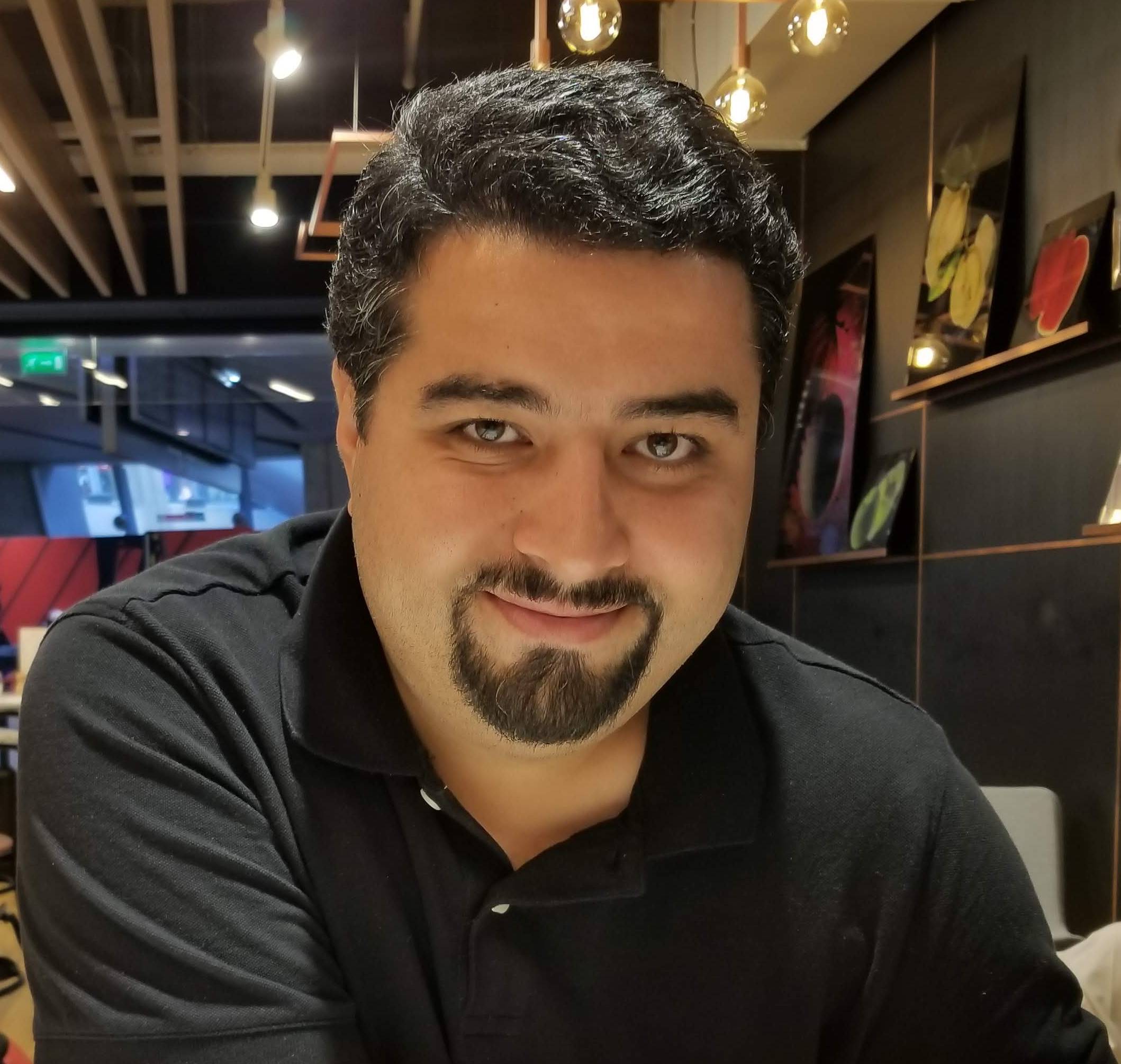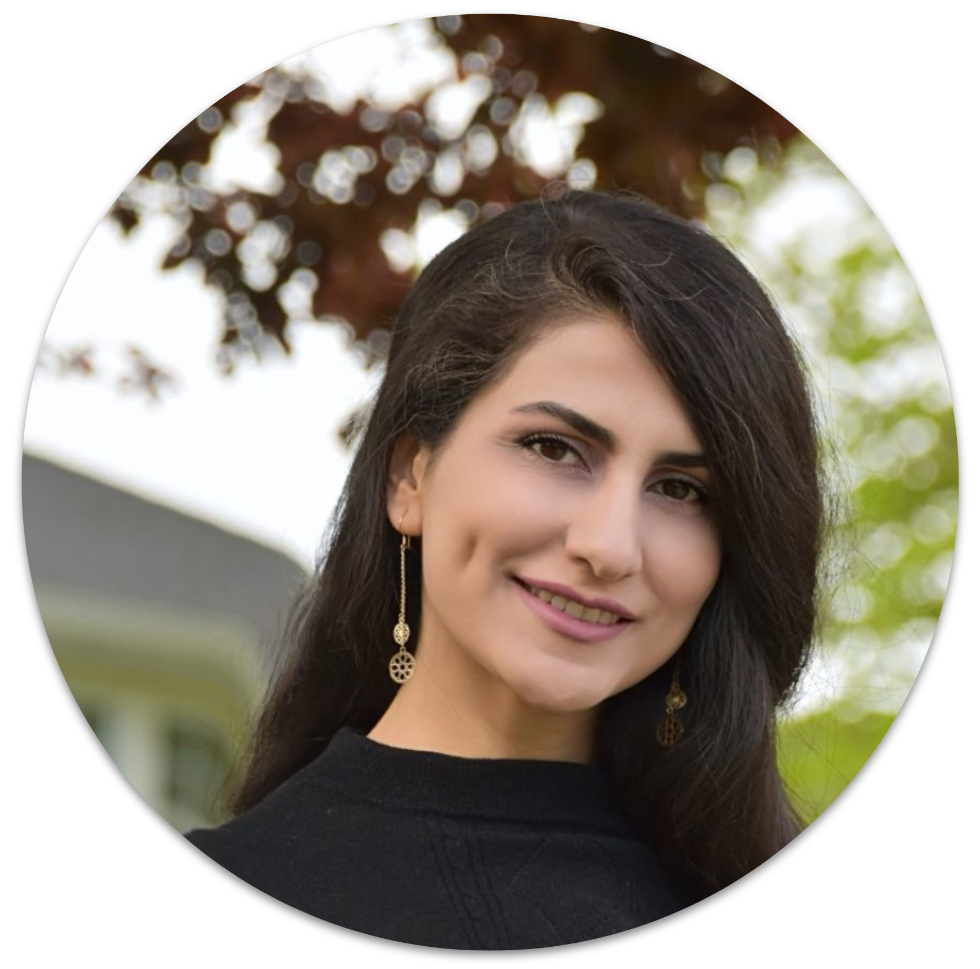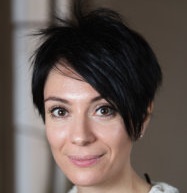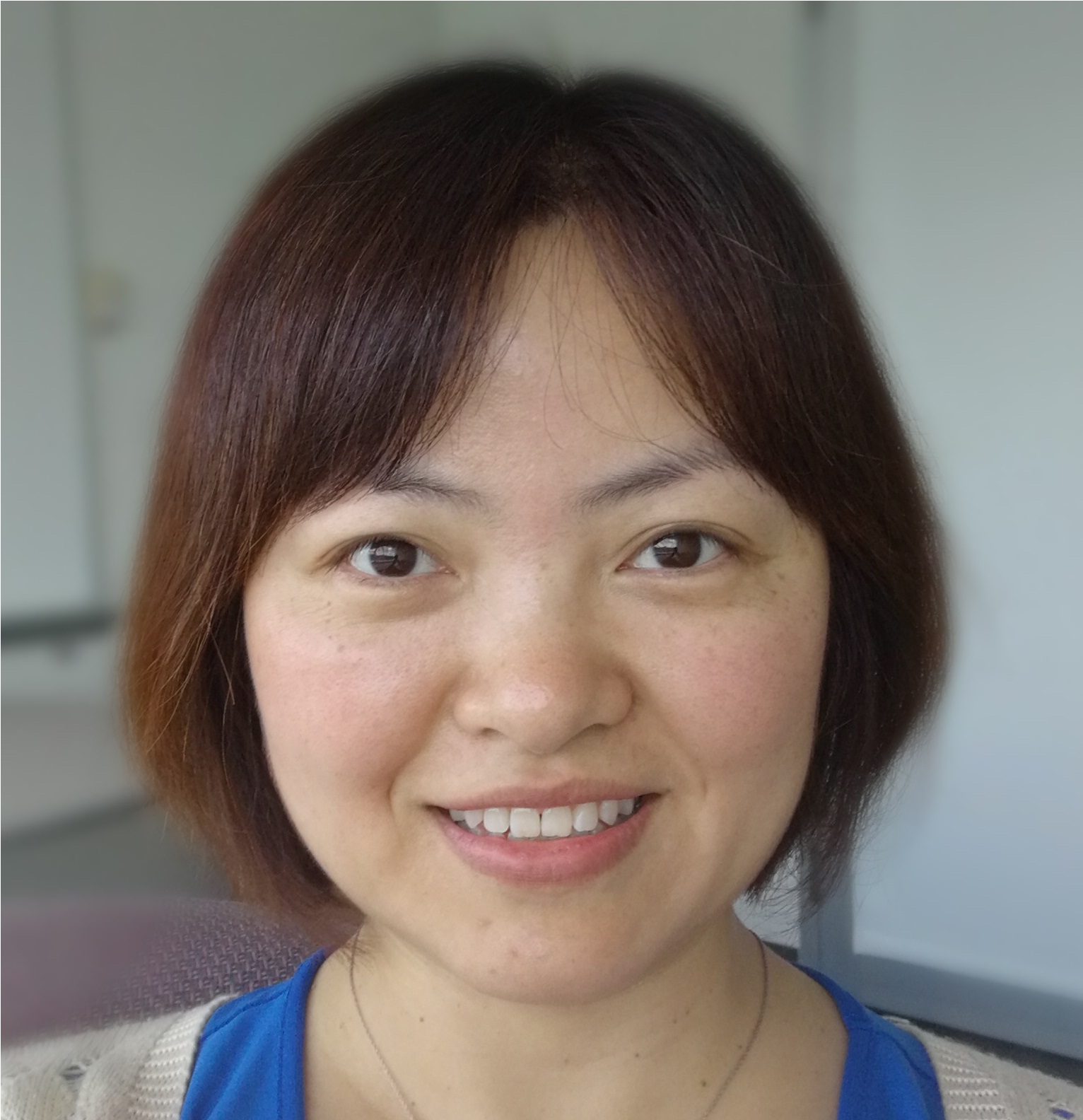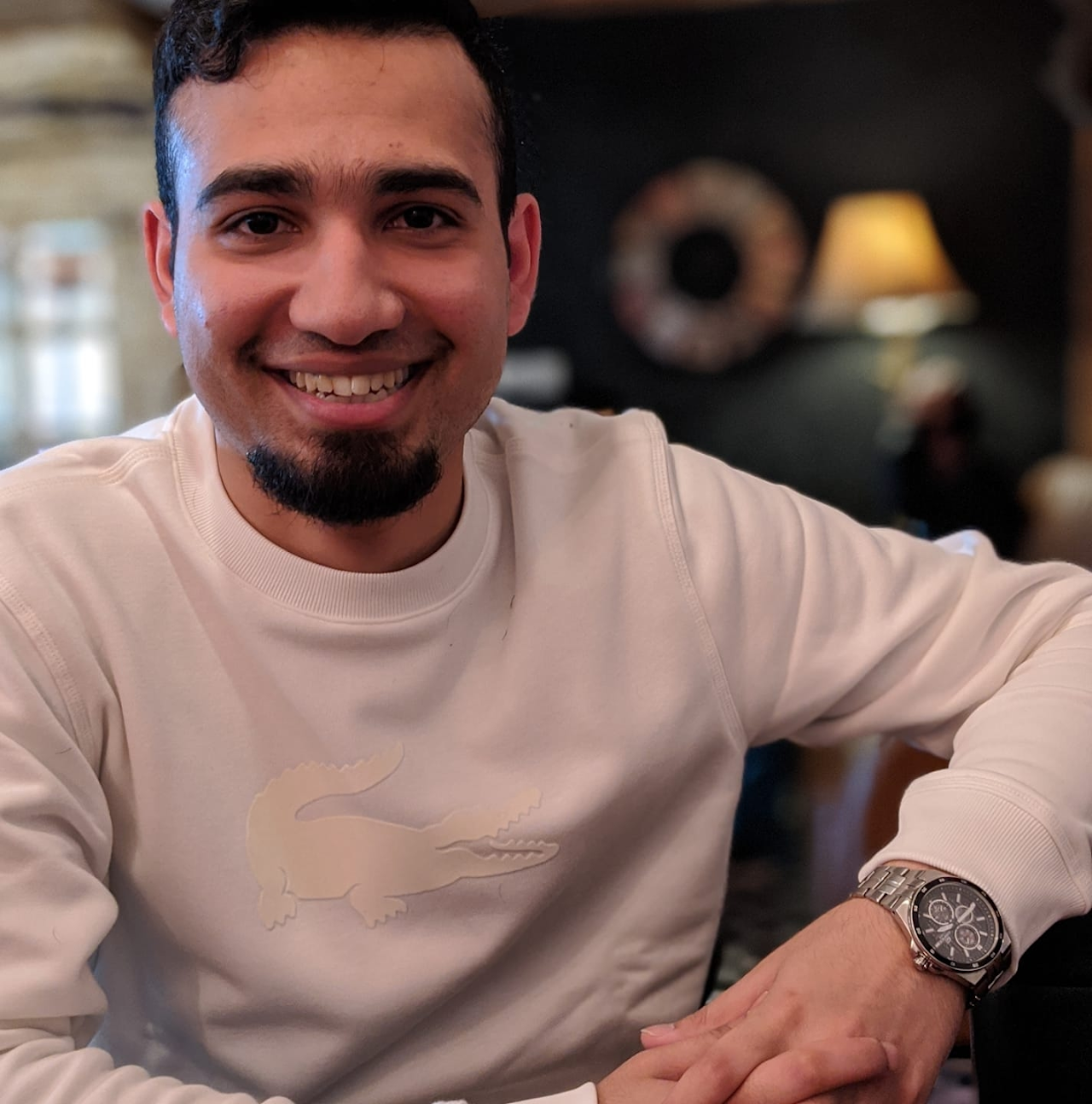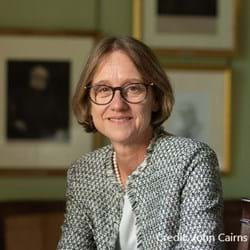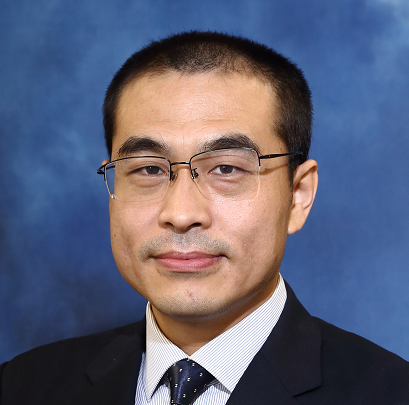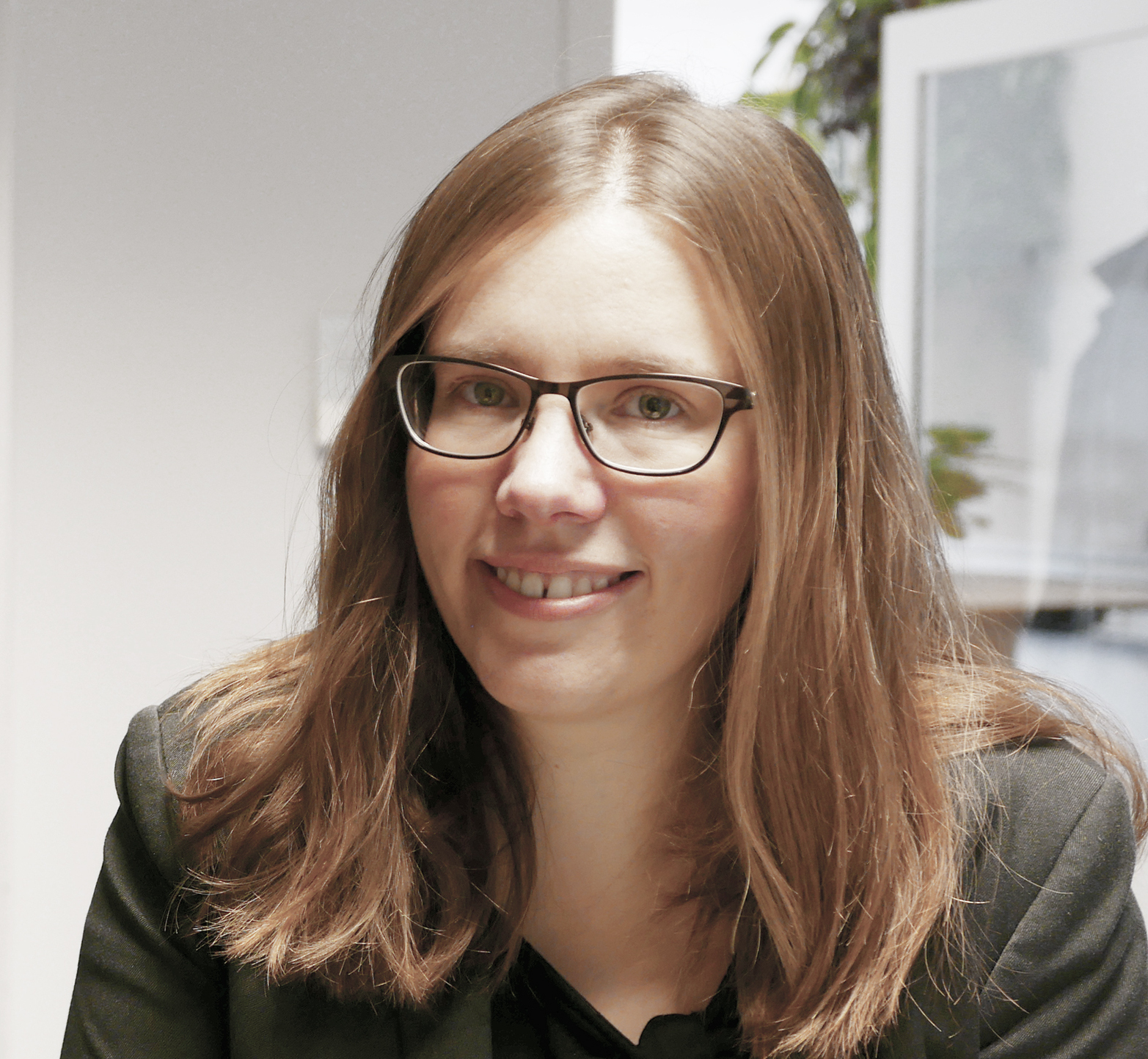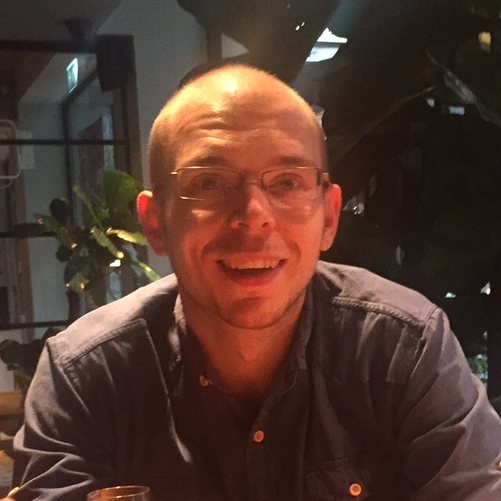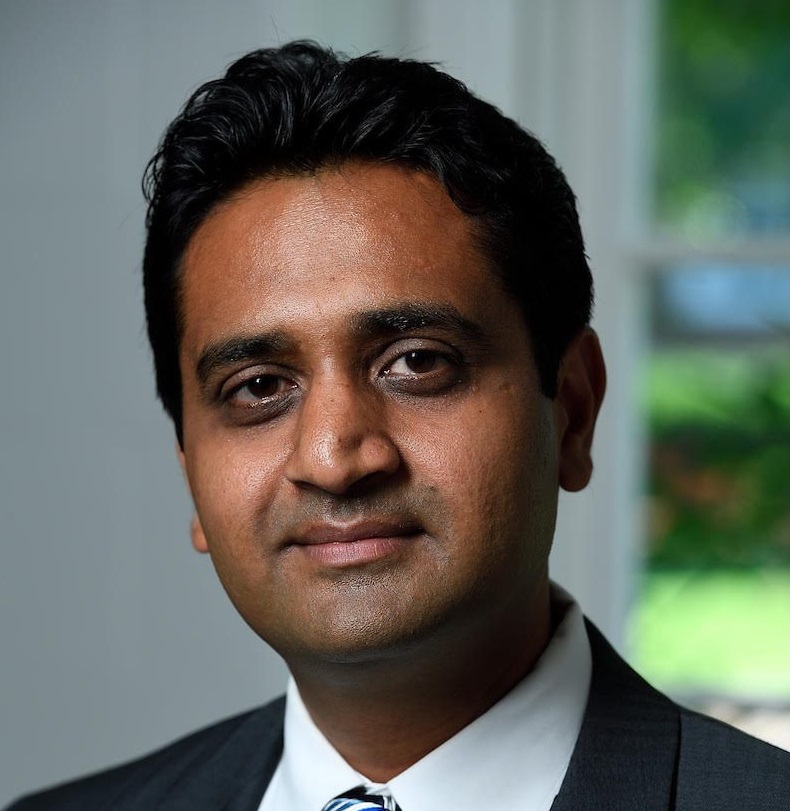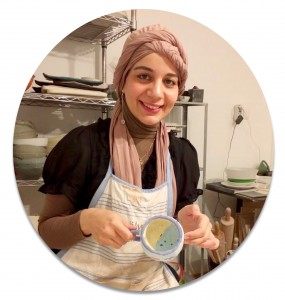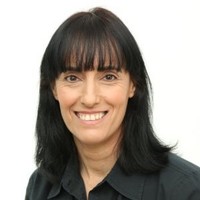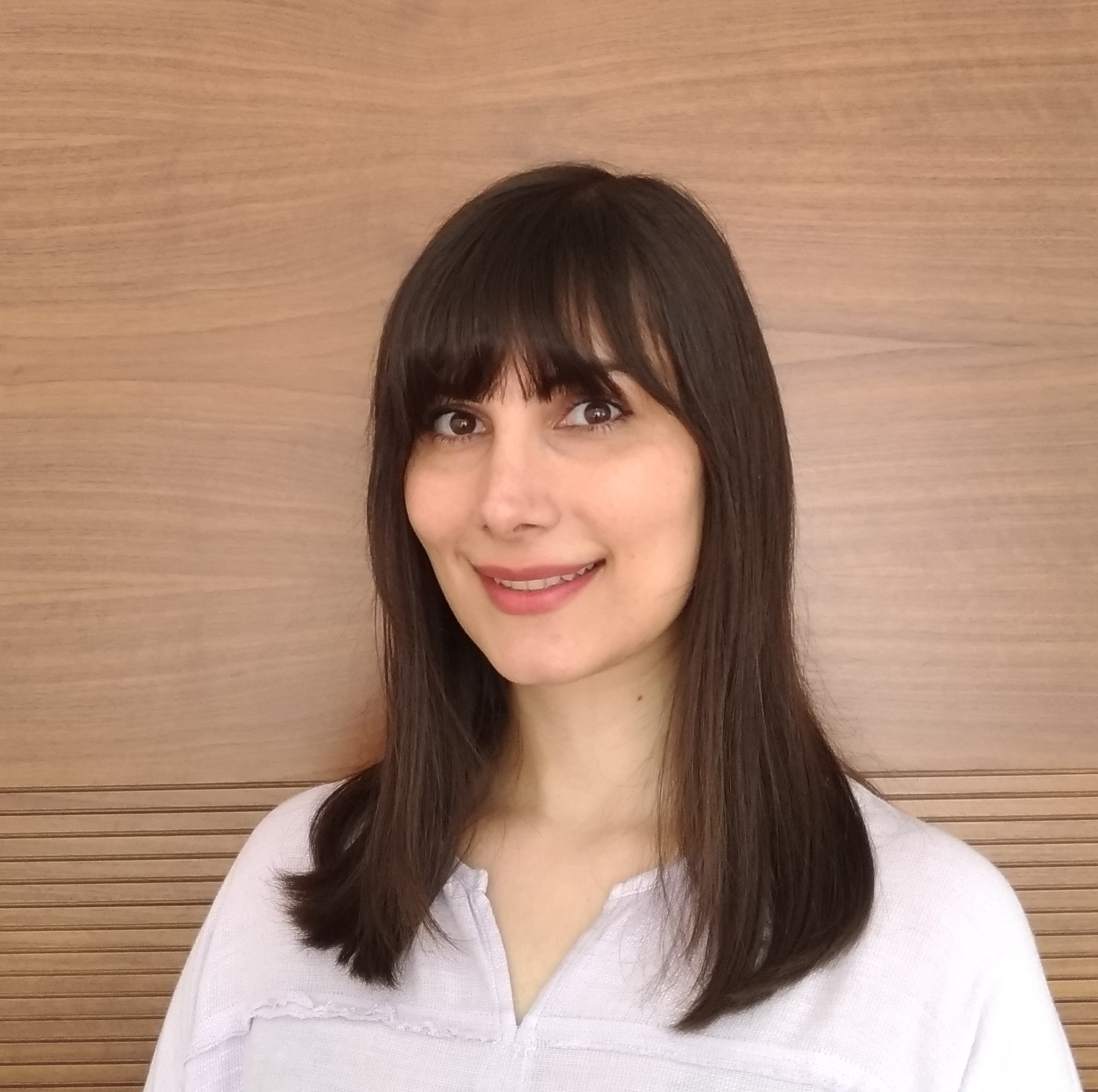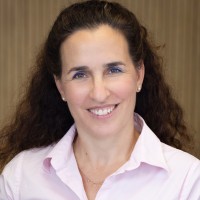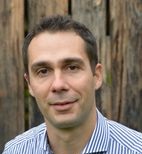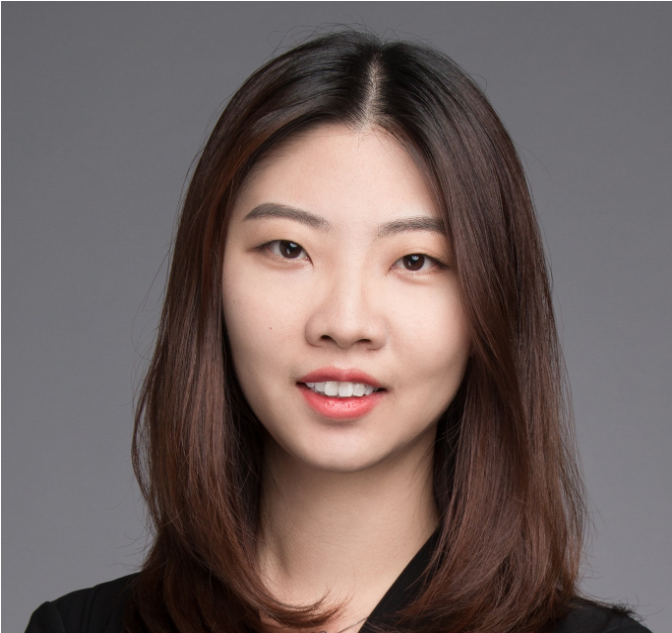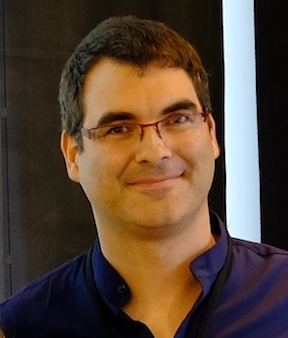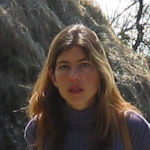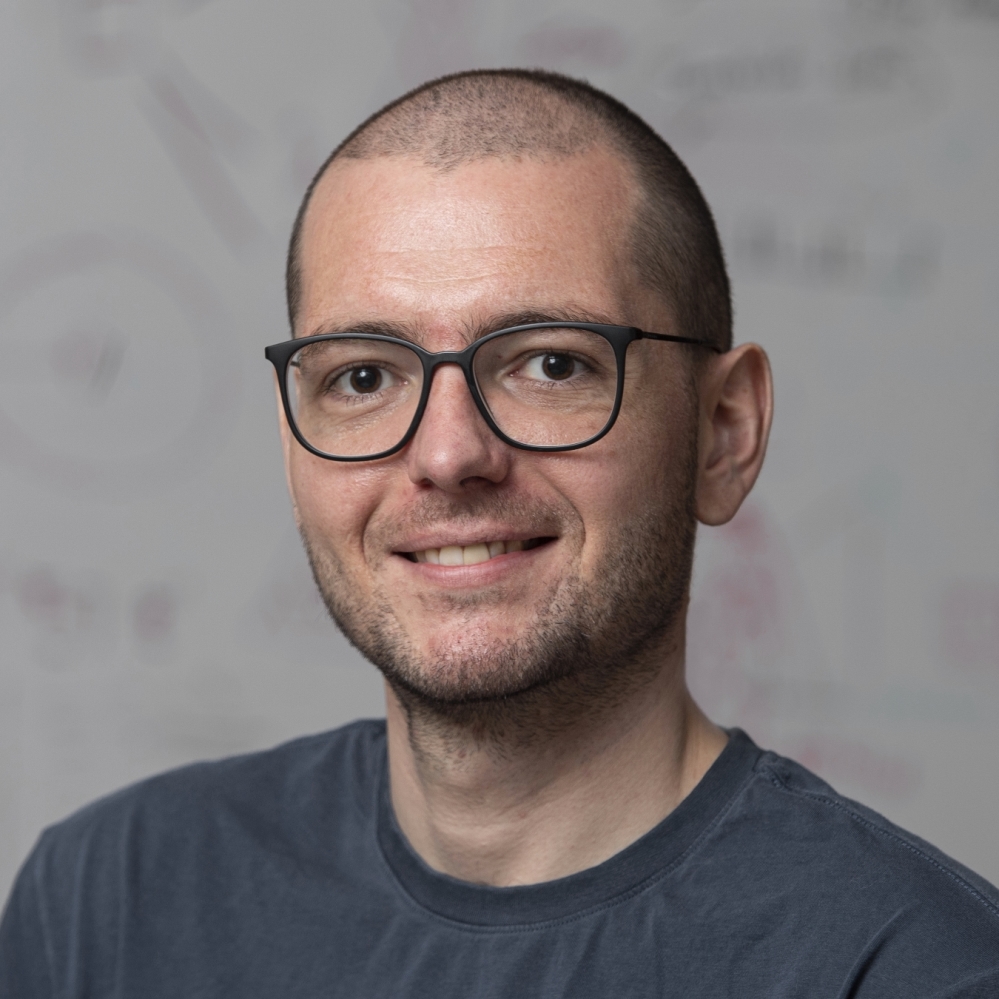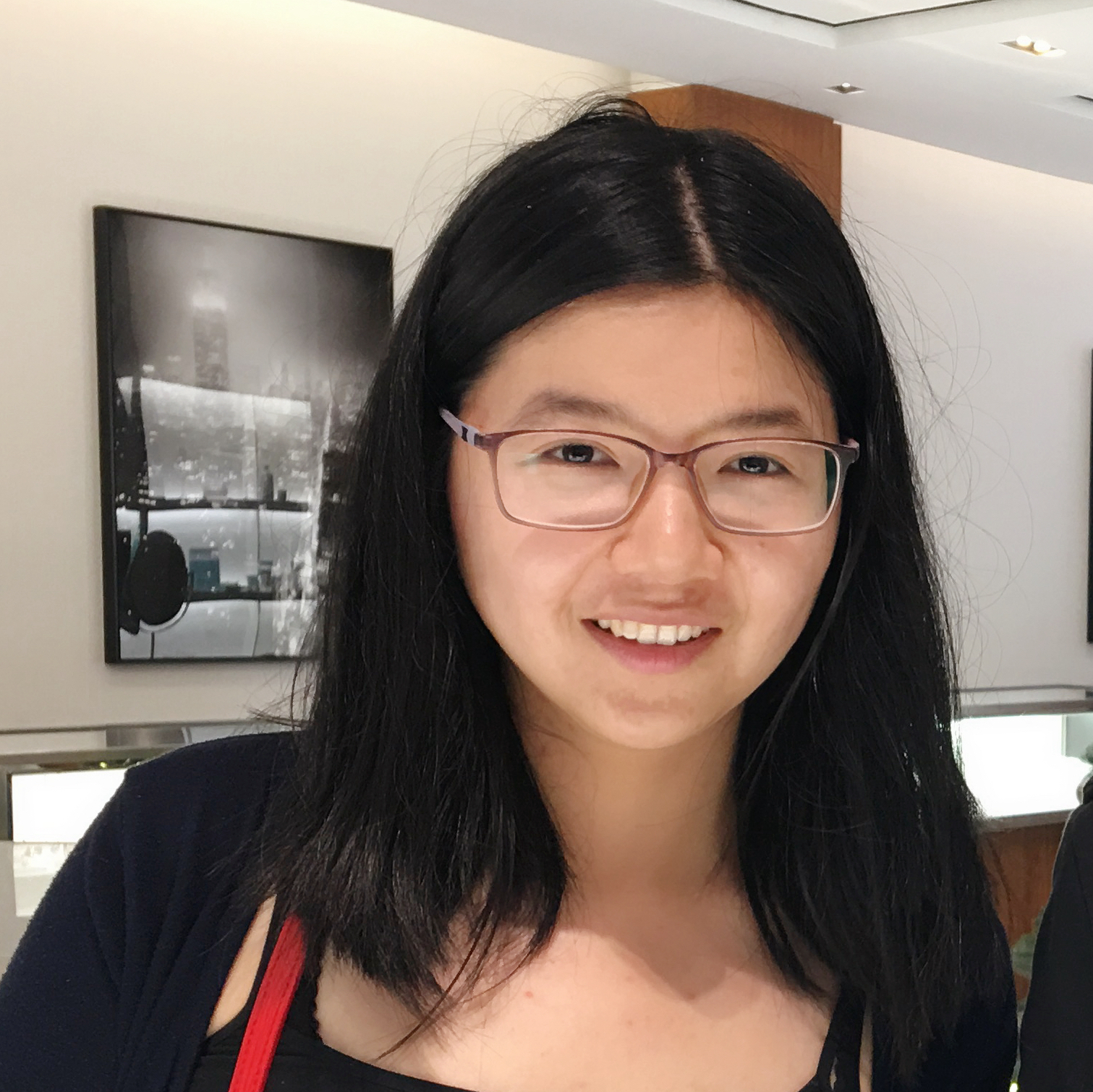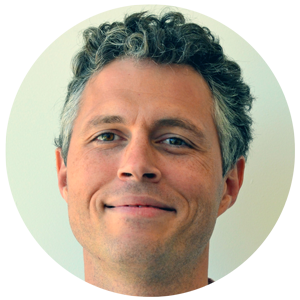Overview
The CVPR MCV workshop provides a unique forum for researchers and developers in academia, industry and healthcare to present, discuss and learn about cutting-edge advances in machine learning and computer vision for medical image analysis and computer assisted interventions. The workshop offers a venue for potential new collaborative efforts, encouraging more dataset and information exchanges for important clinical applications.
The ultimate goal of the MCV workshop is to bring together stakeholders interested in leveraging medical imaging data, machine learning and computer vision algorithms to build the next generation of tools and products to advance image-based healthcare. It is time to deliver!
The program features invited talks from leading researchers from academia and industry and clinicians. There will be no paper submissions at this year's workshop.
About
This workshop will serve to bridge the gap between the medical image analysis and computer aided intervention communities and the computer vision communities, providing a forum for exchanging ideas and potential new collaborative efforts, encouraging more data sharing, advocating for radiology image database building and information exchange on machine learning and computer vision frameworks in the context of medical image analysis. This collective effort among peers will facilitate the next level of large scale statistical learning, especially deep learning.
We invite leading clinician-researchers who actively practice medicine to share their work, perspectives, experiences and expectations. Our workshop will serve as a forum to forge connections with computer vision, medical imaging researchers and clinical key opinion leaders. It is time to deliver!
Learning or statistical learning based methodology has been a popular topic at recent MICCAI conferences. Deep learning (CNNs, transformers, diffusion models, among many others) has revolutionized the field of computer vision, but is only beginning to make significant advances in medical image analysis. To move it forward, in addition to a shortage of large, annotated datasets, development of new computer vision representations and frameworks are needed to address the particular needs of the medical communities. The challenges of the developing new image representations stems from the issue of data sparsity in medical imaging, requiring the decomposition of 3D image volumes into 2D or 2.5D views (regularly or randomly sampled) with spatial aggregation of local decisions. This workshop will cover all topics of large scale or novel statistical and deep learning in medical imaging, via a series of 30 minute invited talks from researchers working in both fields. We believe that we have an excellent list of confirmed and tentative speakers, from academia to industry and clinical KOLs, who will present work ranging from the more theoretical to the more applied.
The ultimate goal is leveraging big data, deep learning and novel representation to effectively build the next generation of robust quantitative medical imaging parsing tools products. For example, a large-scale imaging based cancer screening tool with very high patient-level performance will be clinically valuable, but is quite challenging technically (high sensitivity but ultra-low false positive rate on classifying patients as with or without certain cancers). Other applications include computational 3D reconstruction, computer vision for medical robotics, bias and fairness in healthcare AI, among many other emerging topics
